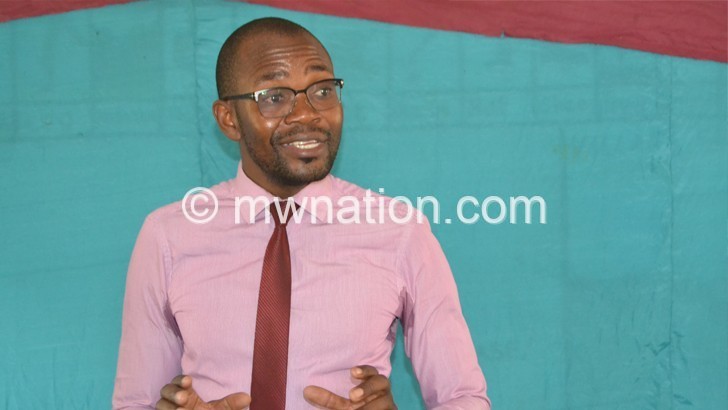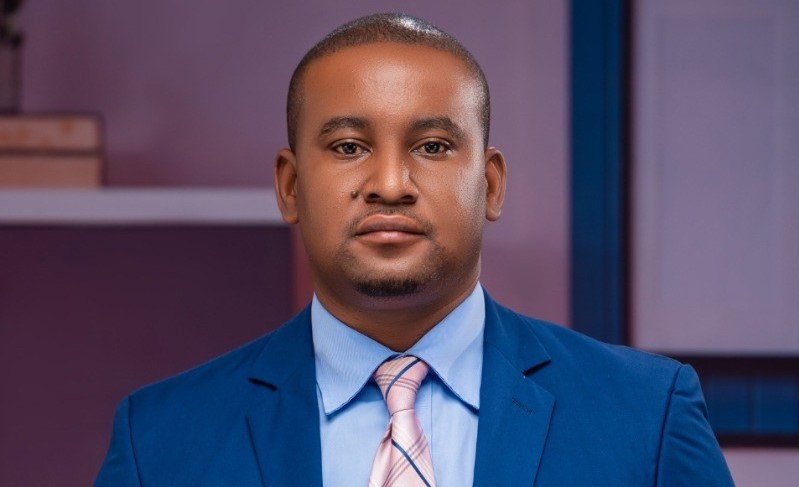Govt pushes back on USA
Government on Wednesday said it will not compromise Malawi’s sovereignty and independence of its institutions in direct response to US Ambassador David Young’s statement and subsequent media interviews on the Martha Chizuma saga.
Young’s position on Wednesday was followed by that of the British High Commission in Malawi, which also expressed displeasure with how government is handling Anti-Corruption Bureau (ACB) director general Martha Chizuma.

Chizuma is facing criminal defamation charges over a viral audio of January 2022 in which she divulged details of an investigation to a third party.
In its statement, the US Embassy in Lilongwe said it was deeply concerned with the backsliding in the fight against corruption, including an application by Attorney General Thabo Chakaka-Nyirenda to vacate a court order obtained by Malawi Law Society (MLS) allowing Chizuma to resume duties.
Secretary to the President and Cabinet (SPC) Colleen Zamba had interdicted Chizuma in a January 31 2023 letter, effectively stopping her from discharging her duties until the case is concluded.

Said the US Embassy: “The events of the past two months show that the Government of Malawi is actively fighting against its Anti-Corruption Bureau. We invested greatly in moving forward in our development cooperation and promoting good governance because we want to raise people out of poverty and improve health and education in this country.
“It is essential that there be a fight against corruption so that Malawians benefit from our assistance. We need to improve governance and the fight against corruption to make US taxpayer money effective to benefit our mutual interests.”
US Embassy information specialist Marcus Muhariwa said in a written response the US provides more than $350 million annually in bilateral assistance to Malawi and as the country’s largest bilateral partner, it works in collaboration with Capital Hill, the private sector and civil society to advance a more self-reliant, gender-equitable, healthy and democratically accountable Malawi.
The Brit i sh High Commission also described events around the Chizuma saga as a threat to the fight against corruption and hinted at possible sanctions.
Commenting on the developments on Twitter, acting British High Commissioner Sophia Willitts-King said the UK government’s partnership with Malawi is based on mutual respect and a shared commitment to democracy, the protection of human rights and the use of public fundsin the interests of the people.
She said: “In this context, the UK is deeply concerned by recent events affecting the fight against corruption. Corruption takes Malawi resources away from the people, destroys business, damages public service, traps the poorest in poverty, and undermines future economic growth.
“We share concerns raised by the Malawi Law Society and other civic groups in relation to the pursuit of criminal charges against the director general of the ACB and her recent suspension.”
Willitts-King also said the UK government has endorsed President Lazarus Chakwera’s anti-corruption drive and his consistent calls to respect the rule of law, but “the law, police and judicial system should not be used to frustrate the will of the Malawi people”.
Minister of Information Moses Kunkuyu, in a measured, but firm statement,on Wednesday said while government will continue to engage the US Embassy “through diplomatic channels out of respect for international interest to pursue the case.
However, South Africa-based Malawian professor of law Danwood Chirwa, who teaches law at the University of Cape Town, on Wednesdayindicated on Facebook that he alongside others were mobilising an internationallegal team to support the cause of MLS and Chizuma.
Meanwhile, Kunkuyu, who is the official government spokesperson, said the Malawi Government will continue to implement its strategy of strengthening governance institutions that have a critical role in the graft fight, including law enforcement agencies, public prosecutors and the courts.
In an interview on Wednesday, Leader of the Opposition in Parliament Kondwani Nankhumwa said the donors’ sentiments were a warning shot to the Chakwera administration as the donors’ concerns could be followed by sanctions that could hurt innocent Malawians.
Malawi University of Business and Applied Sciences professor of economics Betchani Tchereni called on government to tread carefully as any decision by the donor partners may have a huge negative impact on the country’s economy.
He expressed disappointment that while some are making efforts to get the country’s economy moving, the legal battles, which he said have now become boring, are only taking such efforts backwards.
Tchereni said: “In economics, we have a doctrine of necessity. We should forget all this and consider the radical transformation of our economy as the number one, as the necessary act.”
The US has provided more than $3.6 billion in assistance to Malawi over the past 20 years. Of this, the US has invested $1 billion in Malawi’s HIV and Aids response through the President’s Emergency Plan for Aids Relief. Through this investment, Malawi managed to reach the United Nation’s 95-95- 95 epidemic control goals by the end of 2021.
Malawi also qualified for the second Millennium Challenge Corporation compact towards the end of 2018 after successfully implementing the energy focused compact, which ran for five years from 2013 to 2018.





